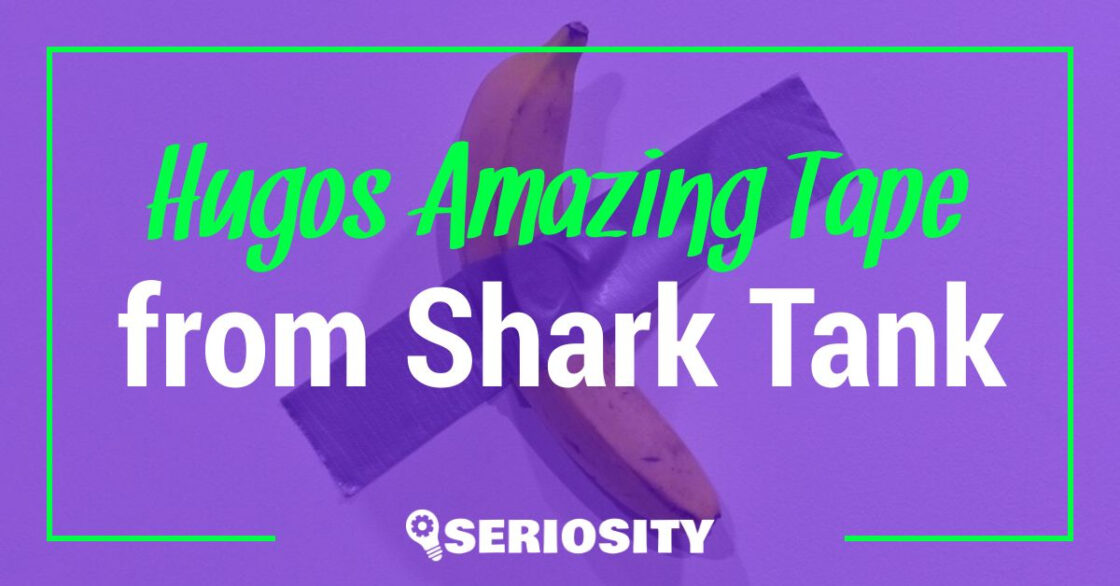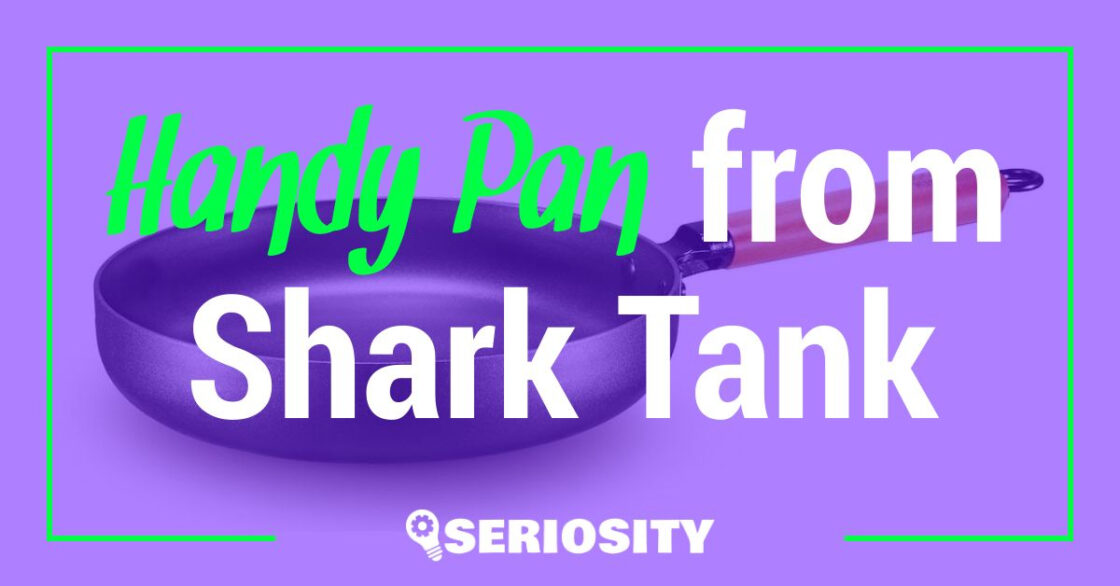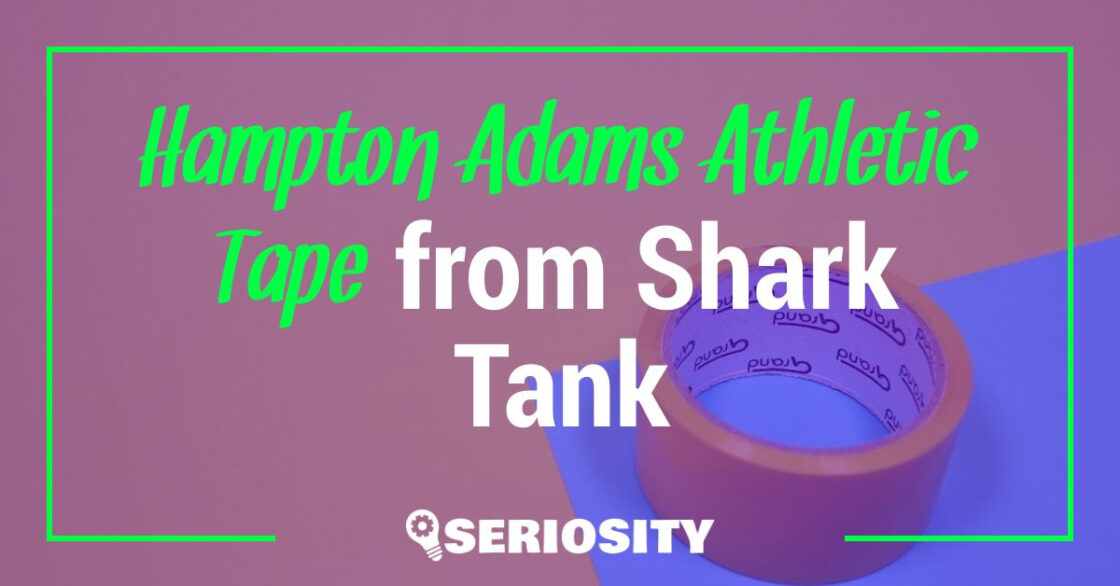If you regularly watch Shark Tank, you might have come across Season 7, Episode 14 on Netflix or CNBC. Sarah Oliver, a business owner from Mill Valley, California, United States appeared on this episode to pitch her business idea for her company – Sarah Oliver Handbags. The Californian designer outsourced the first knitting of her designs to members of a Mill Valley retirement community.
She loves working with the elderly and wants them to have a sense of purpose and fulfillment in life. Sarah had always believed that the elderly were an important part of the community and just because they had grown old and retired doesn’t mean that they can no longer work. She felt happy knowing that the elderly were contributing to the growth and expansion of her business.
However, Sarah had to shut down her business in 2017 due to legal constraints that were beyond her control.
Sarah Oliver Handbags on Shark Tank
Oliver used a video to introduce the sharks to the seniors who made the purses as part of her pitch. They were dubbed the “Purlettes+1” because one of the knitters was male. They were eager to join the firm and preached the many advantages of staying active and earning money.
Each bag was packaged with a card that listed the name of the senior who designed it. The product went through various steps before it was ready for sale once the knight was finished. Barbara Corcoran inquired about Oliver’s payment to Esther Cherk, the senior who knit the bag she was holding. Since each knitter was paid by the piece, the answer was $17. The “Resort” handbag, according to Oliver, cost $47 to create and retails for $225.
Sarah Oliver begins with a “at home” piece in which she explains how she got started in company. We also meet the Purlettes +1, a lively and vivacious bunch of older individuals who like working for Sarah. Working keeps Hector, the sole male Purlette (he’s actually the “+1”), young. Sarah hopes that the Sharks will invest in her so that she can continue to add value to the Purlettes +1.
Barbara inquires as to whether it is a for-profit company or a non-profit organization to which Sarah responds that it is a business meant to generate profits. She then distributes samples. Each purse comes with a card from the Purlette who designed it.
The cost of a tote bag, including labor, is $47, and they sell for $250-$550. Last year, Sarah made $300,000 in sales. Purlettes were an obvious choice for her, she explains, because each knitter makes around three bags every week. Lori is moved by the story of the elderly being valued and gives $250K in exchange for 25%. She wants all of the Sharks to split the money in order to make a statement – 5% for each Shark.
Sarah joins the Tank looking for $250K in exchange for 20% of her company. She says that no handbags on the market have meaning, and she demonstrates her manufacturing model with a Purlettes +1 video. Sarah’s accomplishment has made the Purlettes +1 very happy. The story had an impact on the Sharks.
Lori Greiner was so touched by the proposal that she proposed that all five sharks invest as a method of emphasizing the significance of valuing the elderly. Mark Cuban and Barbara Corcoran, on the other hand, were not convinced.
With Greiner, Kevin O’Leary, and Robert Herjavec, Oliver eventually landed an on-air agreement. Greiner and O’Leary showed their support for Sarah Oliver Handbags on the night the show aired. The company’s website went down due to a surge of new followers and supporters following the Shark Tank pitch, according to O’Leary.
Robert believes it will go off – he’s in. Kevin O’Leary is interested in the stats and the potential profit. Sarah is now working with two retirement communities and has five others in the pipeline. Mark and Barbara are both adamant about not being allowed in. Kevin claims he’ll go in for $250K with a 30% split between himself, Robert, and Lori. She accepts and declares that the Purlettes will be OVERJOYED!
RESULT: Lori, Robert, and Kevin agreed to a deal worth $250K in exchange for a 30% stake in the company.
Our Review of Sarah Oliver Handbags
Each purse is painstakingly hand knit from the finest Peruvian highland wool and embellished with unique magnetic snap closures, chains, and brooches. Sarah began manufacturing her bags as gifts for friends and family, as many other businesses do. She knew she had a business when businesses began contacting her about carrying her line.
Aside from the gorgeous designs, what makes Sarah Oliver Handbags unique is the people who create them. The Purlettes+1, a Redwoods, California knitting group, knits all of Sarah’s purses. Sarah engaged a group of senior adults (average age 88) to serve as her factory.
Sarah grew up knitting alongside her grandma and has a great deal of admiration for senior persons and the economic role they may play. The Purlettes +1 appear to be a happy and productive team.
Prior to shutting down, Sarah Oliver Handbags were found on her website as well as in a number of boutiques across the United States. However, they weren’t cheap! They cost from $300 to $549. She also created unique pieces for special occasions such as weddings or anniversaries. The company model’s success might be simply replicated. Sarah may be planning a countrywide expansion with an army of senior citizen knitters if he ever starts again.
Pros of Sarah Oliver Handbags
- High quality material
- Great for the elderly
- High returns
Cons of Sarah Oliver Handbags
- No safety net
- Repetitive work
Are There Any Alternatives?
- Macy’s
- Nordstrom
- Charles Keith
- Michael Kors
Our Final Thoughts
Shark Tank usually updates their blog on a regular basis with news and follow-ups on entrepreneurs who have participated on the Shark Tank television show. The Purlettes’ story resonated so effectively with the audience on show night that the website crashed due to heavy traffic. It’s not a charity when a company has a significant purpose– it’s a company with an extraordinary mission. But, what went wrong after all that?
Unfortunately, while Sarah was making good progress, and had hoped to grow further, she had to close her doors in April 2017 due to circumstances beyond her control, according to a message posted online by the designer. She encouraged readers to view a mini-documentary called “A Sense of Purpose” to understand her struggles a little better. The US Department of Labor showed up at her door and informed her that paying for piece work was against the law.





